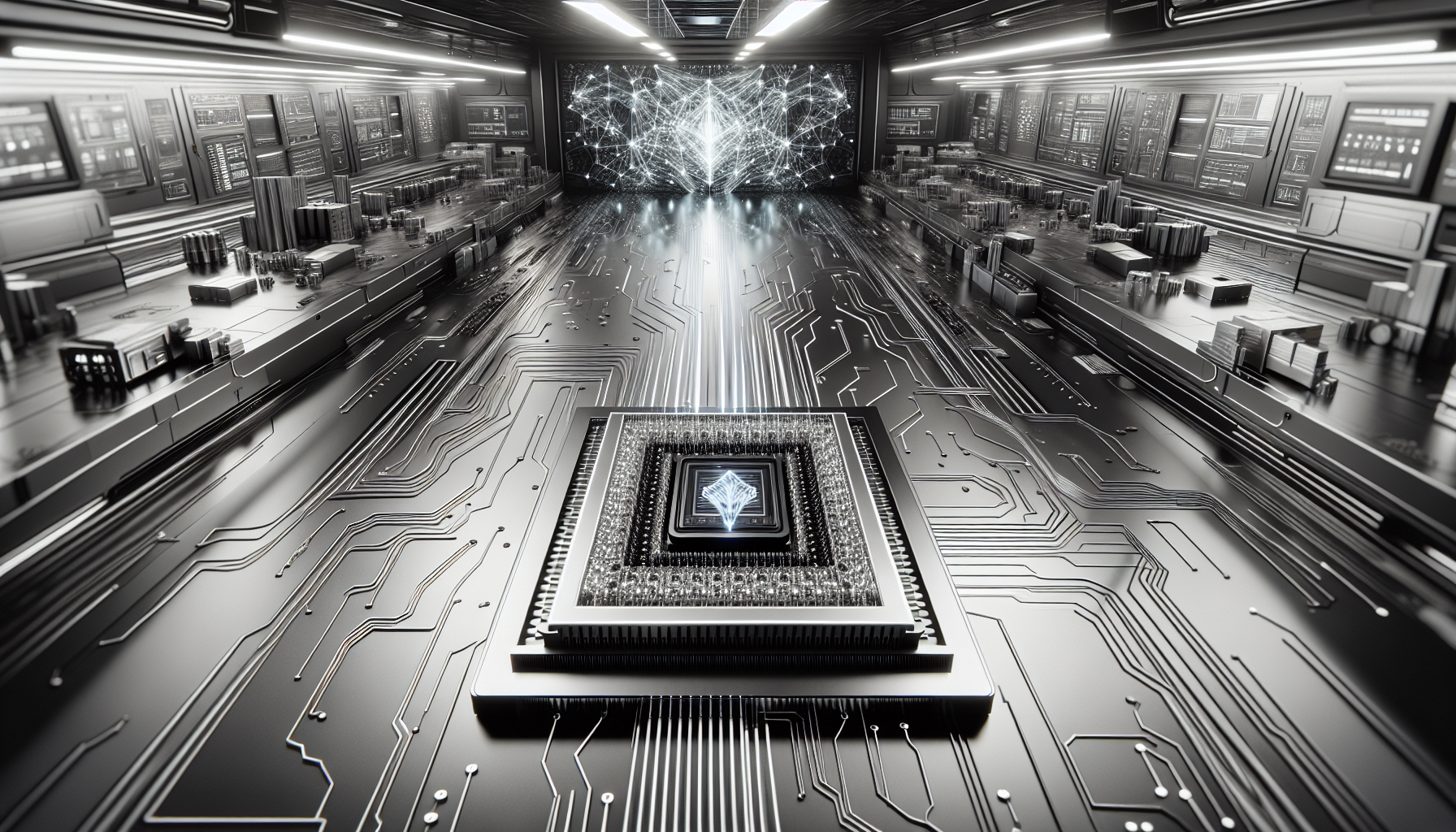Intel's Lunar Lake: A Game-Changer or Too Late to the Party?
Intel just made its boldest move in years. The company has unveiled Lunar Lake, its next-generation chip architecture, promising a 30% boost in power efficiency and a 20% increase in processing performance. But with Nvidia and AMD dominating AI and gaming markets, is this enough to turn Intel's fortunes around?
The Stakes Have Never Been Higher
For years, Intel has struggled to keep pace with its rivals. Nvidia's GPUs have become the gold standard for AI workloads, while AMD's Ryzen processors continue to eat into Intel's market share. Meanwhile, Intel's own stock has taken a hit, dropping 15% earlier this month amid broader concerns about the semiconductor industry.
Enter Lunar Lake. Announced today, this new chip architecture is designed to compete directly with Nvidia's AI-focused GPUs and AMD's high-performance processors. It integrates advanced AI accelerators and high-bandwidth memory (HBM3), making it a strong contender for both consumer and enterprise applications.
What Makes Lunar Lake Different?
Intel claims Lunar Lake will deliver faster AI processing, lower energy consumption, and better overall performance. This is critical as AI workloads become more demanding and energy costs continue to rise. The chip's efficiency improvements could make it an attractive option for data centers, where power consumption is a major concern.
Major PC manufacturers like Dell and HP have already committed to using Lunar Lake in their next-generation laptops and servers. This early adoption could give Intel a much-needed boost in the market.
Can Intel Catch Up?
Industry analysts are divided. Patrick Moorhead of Moor Insights & Strategy believes Lunar Lake could help Intel regain ground in the PC market and establish a foothold in AI-driven enterprise solutions. However, others remain skeptical. Sarah Chen, a semiconductor analyst at Bernstein, warns that Intel still faces an uphill battle against Nvidia's dominance and AMD's aggressive pricing.
Timing is also a concern. Production of Lunar Lake is set to begin in Q3 2025, meaning Intel still has to execute flawlessly to meet its targets. Any delays could give competitors more time to widen the gap.
A Turning Point for Intel?
Intel's new CEO, Lip-Bu Tan, has a reputation for turning struggling companies around. His leadership will be crucial in ensuring Lunar Lake's success. Investors seem cautiously optimistic-Intel's stock rose 4.2% in after-hours trading following the announcement.
But will Lunar Lake be enough to restore Intel's dominance? The semiconductor industry is more competitive than ever, with new players emerging and existing giants pushing the boundaries of performance. Intel has made its move. Now, the real test begins.
